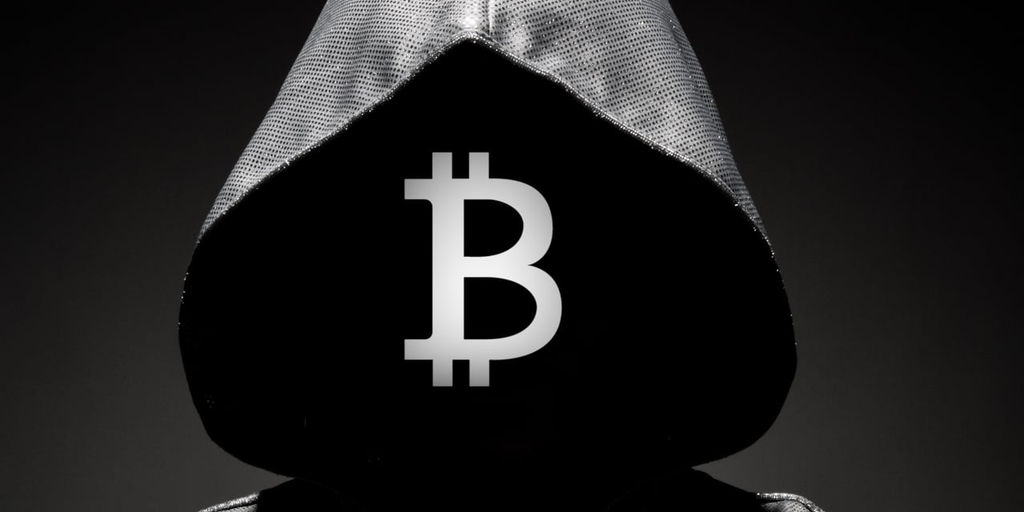The former CEO of BitMEX, Arthur Hayes, issued a comprehensive report predicting that this deflation could send Bitcoin prices soaring, potentially leading to a 300% surge. “Bitcoin will soar on a secular basis as China reflates its banking system and property sector,” says Arthur Hayes, “As long as fiat money is created, Bitcoin will soar. It doesn’t matter who the ultimate recipient is.”
China’s property market has been teetering since 2020, following President Xi Jinping’s implementation of the “Three Red Lines” policy. This initiative aimed to curtail excessive borrowing among property developers but inadvertently triggered a liquidity crisis in the real estate sector. As developers struggled, the ripple effects hit the broader economy.
Source: Macrobond
The bursting of China’s property bubble led to a slowdown in economic activity. Private firms and households cut back on spending to repair their balance sheets. Traditional monetary policies proved ineffective, prompting Beijing to consider injecting massive liquidity into the economy.
Bitcoin’s Potential Upside Amid China’s Economic ShiftHistorically, when major economies resort to quantitative easing (QE), asset prices—including cryptocurrencies like Bitcoin—experience significant gains. After the 2008 financial crisis, the U.S. Federal Reserve’s QE measures contributed to a bull run in various asset classes.
China’s potential QE could rival or even surpass the stimulus measures undertaken by the U.S. during the COVID-19 pandemic, which amounted to over $5 trillion. Such an influx of liquidity could weaken the yuan, leading investors to seek alternative stores of value like Bitcoin.
“Bitcoin will soar on a secular basis as China reflates its banking system and property sector,” says Arthur Hayes, “As long as fiat money is created, Bitcoin will soar. It doesn’t matter who the ultimate recipient is.”
Moreover, China’s massive yuan printing could have global implications. As capital flows out of China into global markets, the cryptocurrency market could see significant inflows, driving up Bitcoin’s price.
The Impact of China’s Property Bubble BurstChina’s property bubble, the largest in human history, has had far-reaching consequences. The “Three Red Lines” policy set strict borrowing thresholds for property developers. While it aimed to promote financial stability, it led to a sharp decline in property development and sales. The slowdown in the property sector contributed to rising unemployment, particularly among urban youth.
China’s urban youth unemployment rate reached alarming levels, leading the government to stop publishing the statistics in June 2023. With these challenges, China is considering a monetary and fiscal “bazooka” to stimulate the economy. This includes potential QE measures by the People’s Bank of China (PBOC), which could involve purchasing government debt with printed money.
By injecting liquidity, the government hopes to boost economic activity and restore confidence in the financial system. However, this approach comes with risks, including inflation and currency devaluation.
How China’s QE Could Influence Bitcoin PricesQuantitative easing tends to increase the supply of fiat currency, leading to inflation and a decrease in the currency‘s purchasing power. Investors often turn to assets like Bitcoin, which are considered hedges against inflation. As China’s QE expands the money supply, Bitcoin could become an attractive alternative for preserving wealth.
China’s QE could also affect global liquidity. An increase in money supply from a major economy like China could have a bullish effect on cryptocurrencies. The correlation between global liquidity and Bitcoin’s price suggests that such economic policies could significantly impact the cryptocurrency market.
Additionally, as the yuan weakens, capital may flow out of China into global assets, including Bitcoin. This influx of capital could drive up Bitcoin’s price, contributing to a potential bull run.
Arthur Hayes writes that “Chinese people are some of the most resourceful people on this planet. They will not allow their precious yuan savings to sit idle as Beijing encourages asset price inflation. Bitcoin is not a foreign concept to middle and high-income coastal urban dwellers. While the exchanges were barred from offering a visible Bitcoin/CNY trading pair, Bitcoin and crypto still flourishes in China.”
Historically, Bitcoin has outperformed other assets like gold, stocks, and property against currency debasement. While the People’s Bank of China (PBOC) increases quantitative easing and bank lending, the impact on the Chinese economy will unfold gradually. Currently, savers lean toward oversold stocks and real estate, but as inflationary policies progress, the demand for Bitcoin as a safe haven will likely surge. This could create substantial price volatility, similar to the 2015 yuan devaluation, which saw Bitcoin’s value quintuple in three months.




















